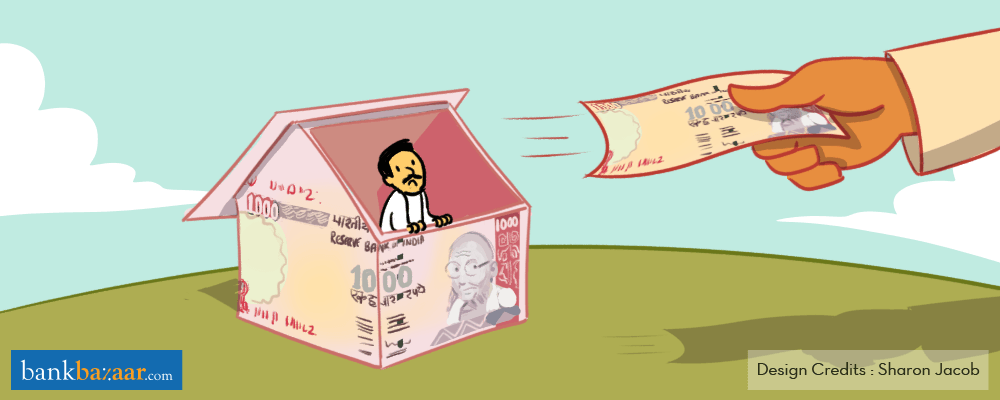
In an unanticipated move, Prime Minister Narendra Modi enforced the demonetisation of Rs. 500 and Rs. 1,000 currency notes on 8th November 2016. The unexpected nature of the announcement, which took the country by surprise, is a mighty blow to the holders of black money and those engaging in false currency circulation.
Additional Reading: Rs. 500 and Rs. 1,000 No Longer Legal Tender
In spite of the initial confusion, which manifested itself in the form of long queues outside ATM centres, most citizens have hailed the move as one in favour of the country. Though a few were vexed by the temporary inconvenience caused by the announcement, they are willing to stomach the discomfort for the larger goal of black money eradication. After all, elimination of black money was one of the big promises made by PM Modi; something much sought after by the public, which feels overtaxed and irked by corruption.
Though the bigger picture is not clear, one of the major ripple effects of currency demonetisation will be seen in the real estate market. Here’s some good news for prospective home buyers. Property rates, which dipped this year (thanks to the Real Estate Bill), are likely to decline further.
Additional Reading: A Brief Guide To Investing In Real Estate
How will currency demonetisation impact property rates?
For a long time, the real estate vertical has been a safe haven for parking black money. Though the government has time and again emphasised the need to crackdown on black money circulation, the real estate industry—where about one-third of the transactions happen in black—has reacted passively to the claims.
In spite of advancements in online banking, most property-related transactions happen in cash or in a mix of cash and cheque. In most cases, the cash component of the transactions represents black money, while the cheque represents white money. As per media reports, anything between 10 to 70 percent of the value of a property is transacted in cash.
Real estate is a big sector comprising affordable housing projects, luxury houses, and land purchases, among others. Of these, the luxury segment or big-ticket purchases and plain land purchases are to sputter due to heat from currency demonetisation.
Prices of luxury houses are often 20-30 percent higher than the circle rate of the property – the media reported citing real estate experts. Hence, demonetisation of currency and the resultant unearthing of black money is likely to cause a 20-30 percent decline in luxury property prices. Media reports have also cited analysts as saying that a fluctuation in the prices of property will be more prevalent in Tier II and Tier III towns and cities where cash is still the preferred mode of transaction. In cities, where the real estate market is largely regulated and people resort to Home Loans to fund the purchase of a house, little impact will be observed from currency demonetisation.
Though the move is good news for prospective home buyers, a lot of people who have sold their property recently are likely to find themselves in a fix. This is because even if one wishes to sell a property in exchange for all white money, there will be few buyers who will come forward to undertake such a transaction. Most buyers prefer to make part payments in black to lower tax hits.
Additional Reading: 6 Common Mistakes Made By First-Time Home Buyers
Though the sudden decision has left some citizens in agony, a probable dip in the property prices in the short-term bodes well for prospective home buyers. If you are looking to take advantage of this dip in property prices, we are here to help with great deals on Home Loans.
The government had taken the biggest step so that the black money problems should be washed out. It has effected various sectors not only real estate but many other too.
Thanks for sharing the blog it was informative and Initiative
Hi Raj,
We’re hopeful that the demonetisation drive has helped wipe out the menace of black money, and yes, we certainly agree that it has affected different sectors in various ways.
Cheers,
Team BankBazaar